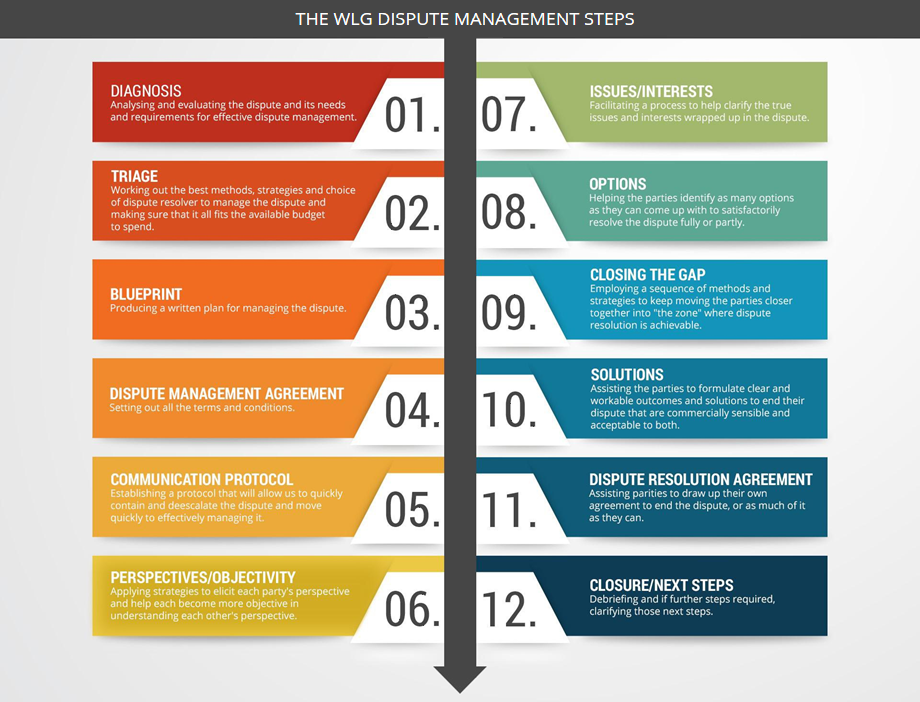Business and commerce is conducted mainly by the use of contracts.
In many instances, if not most, the bigger, stronger and wealthier party creates the contract and sends it to the other smaller, weaker and less wealthy party to sign and return.
So, for example, a principal contractor on a major construction job, needs to rely on sub-contractors to meet its commitments under its contract with its client. So the principal contractor creates a subcontractor agreement and sends it out to the subcontractor to read, sign and return in order to win a juicy subcontractor job on the construction site. Another example is a contractor in order to perform certain work for a client or a principal contractor on a construction site needs to hire certain equipment or machinery. The company that hires the equipment or machinery out send the hirer their standard contract to sign and return. Another example – a property owner wants a major real estate agency to manager some investment properties that are to be rented out and the real estate agency sends the property owner their standard rental management contract to sign and return.
In every such contract you will find various types of clauses that are typically used and installed in these contracts to reduce, minimise or totally exclude any liability exposure to the stronger party.
They often adopt standard language as these type of clauses have been around for a long time.
Often they are deliberately drafted widely to ensure that the other party must assume 100% of the risks.
If you are not careful in reviewing these clauses, there is a chance that the stronger party will even try to escape liability for their own negligent acts or omissions.
Putting aside consumer protection laws (federal and state), smaller businesses are at risk of being blindsided by these types of exclusion or limitation on liability clauses. So be on the alert!
Some contracts will use sub headings like “Limitation of Liability” so that you can see precisely how the other party is seeking to limit its own liability under the agreement, but in other cases, such as the use of widely drafted indemnity clauses, it is easier to miss the full scope of the other party’s intention to put all the risk on the weaker party, even the risk associated with their own negligence in providing the service or product to you.
Whitelaw Legal Group regularly reviews such contracts and provides advice to its clients before they sign.
Call us on 03 6431 7674 or visit our contact page to leave us a message.


